US weapons industry 'ill-equipped' for conventional war with China: Study
The US defense industry is “unprepared” for a “protracted conventional war” with arch-foe China over Taiwan, according to a new study by a US-based think tank published Monday.
The Center for Strategic and International Studies (CSIS) carried out a war games simulation that showed the US would be depleted of its munitions, including long-range, precision-guided ones, in less than a week of war with China in the Taiwan Strait.
"The US defense industrial base is not adequately prepared for the competitive security environment that now exists. It is currently operating at a tempo better suited to a peacetime environment," the think tank said in the report.
According to the report, the US military aid to Ukraine has depleted the arms stockpiles of the US Department of Defense and points to the difficulties the US industrial base could face in supplying munitions for a major war.
It said the number of Javelin systems sent to Ukraine is equal to the total number built for non-US customers over the last 20 years, pointing to the incapacity of the country's defense industry to supply enough weapons for long-term conflicts.
“The main problem is that the US defense industrial base — including the munitions industrial base — is not currently equipped to support a protracted conventional war,” the study stated.
"In a major regional conflict—such as a war with China in the Taiwan Strait—the US use of munitions would likely exceed the current stockpiles of the US Department of Defense (DoD), leading to a problem of 'empty bins'".
Sustaining a long-term war conflict would be “difficult,” it noted, especially as China is "investing in munitions and other weapons systems five to six times faster than the US".
The study, which considered inputs from top military, defense, and congressional officials, as well as industry leaders, revealed that the US has been slow to replenish its military arsenal.
"The history of industrial mobilization suggests that it will take years for the defense industrial base to produce and deliver sufficient quantities of critical weapons systems and munitions and recapitalize stocks that have been used up," it stated.
"How do you effectively deter if you don't have sufficient stockpiles of the kinds of munitions you're going to need for a China-Taiwan Strait kind of scenario," Seth Jones, a senior vice president at the CSIS, was quoted as telling The Wall Street Journal.
“The bottom line is the defense industrial base, in my judgment, is not prepared for the security environment that now exists,” Jones added.
The study blamed outdated military contracting procedures and slow-moving bureaucracy for the problems facing the US weapons industry.
"These shortfalls would make it extremely difficult for the United States to sustain a protracted conflict," the report said. "They also highlight that the US defense industrial base lacks adequate surge capacity for a major war."
Washington is Taiwan's most important international backer and arms supplier, despite the absence of formal diplomatic relations.
US arms sales to Taiwan are a constant irritant in Beijing's relations with Washington, which have rapidly deteriorated in recent years.
China has sovereignty over Chinese Taipei, and under the "One China" policy, almost all world countries recognize that sovereignty, meaning they would not establish direct diplomatic contact with the self-proclaimed government in Taipei.
Zelensky claims US security pact '100% ready' as war continues
Lebanese journalist tageted for exposing President Aoun’s pro-US, anti-resistance agenda
Wave of Israeli attacks target southern Lebanon in latest ceasefire violation
Iranian researchers develop indigenous software for precise satellite positioning
Iran vows deterrent response to any aggression amid US, Israeli threats
VIDEO | Press TV's news headlines
US pressure contributing to Israeli influence in Latin America: Experts
‘Enough orders from Washington’: Venezuela’s interim president slams US pressure


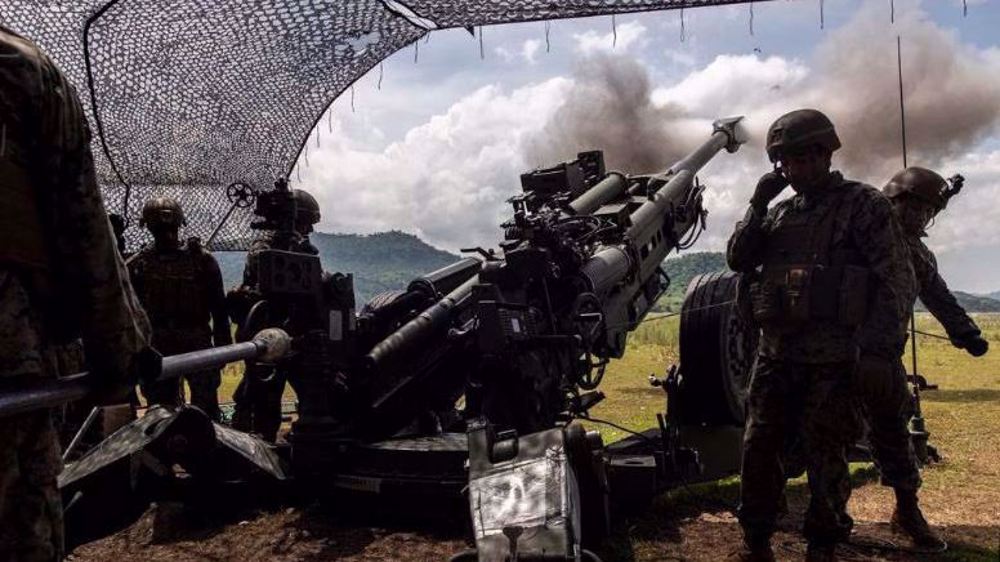
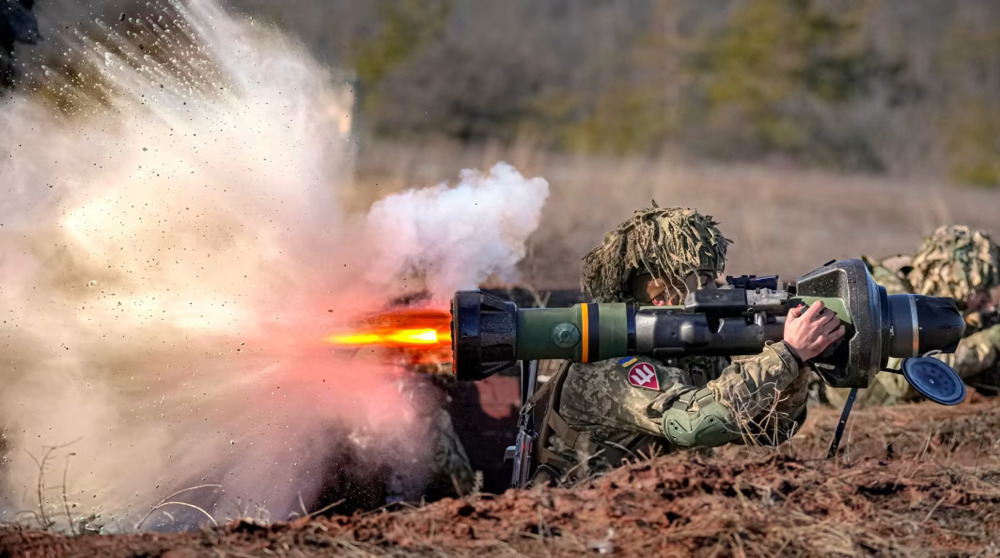

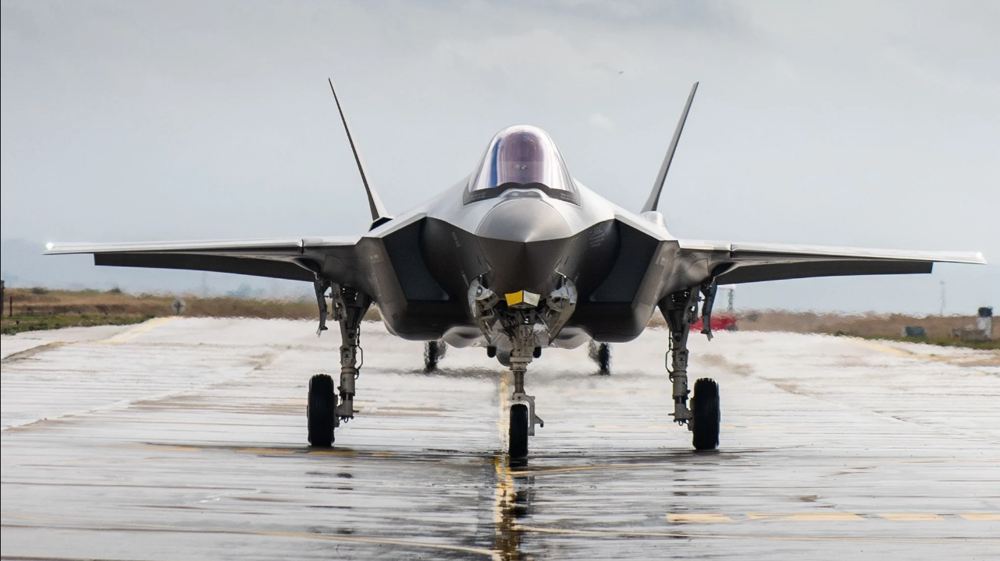




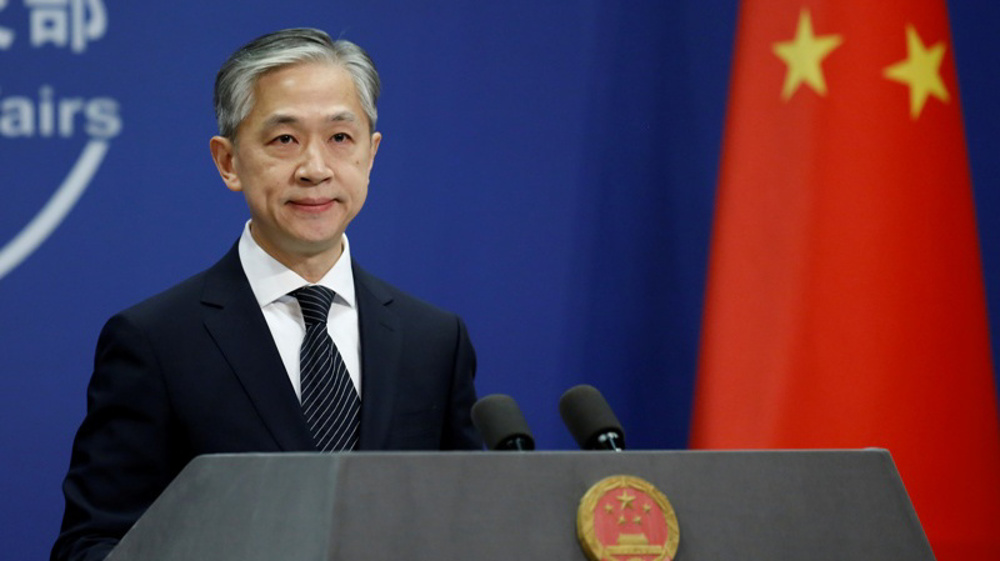
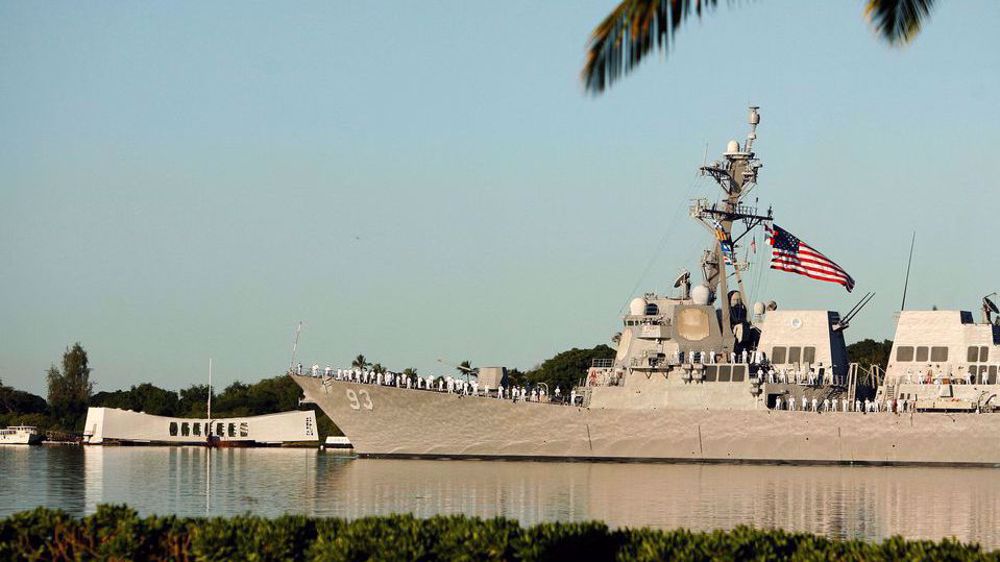
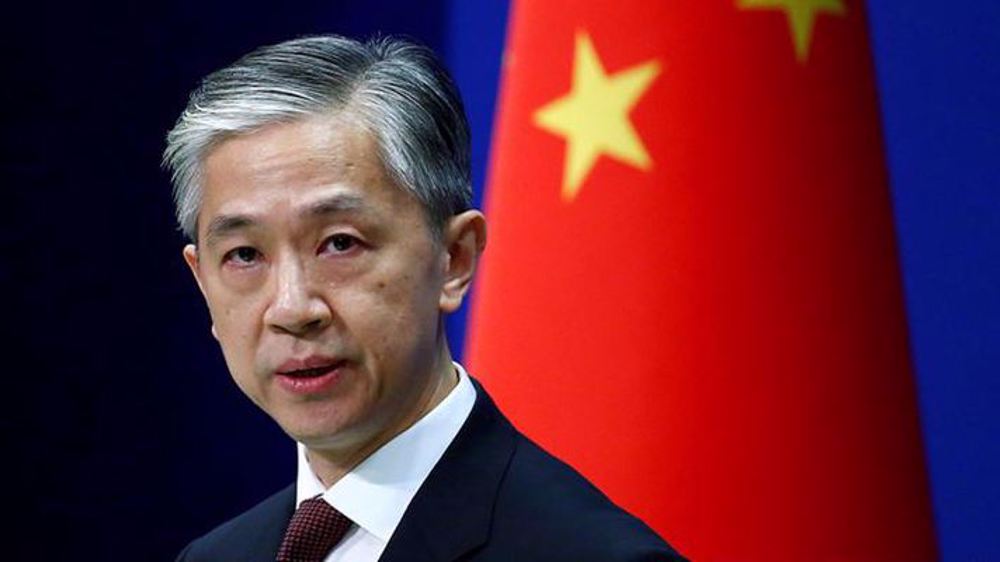
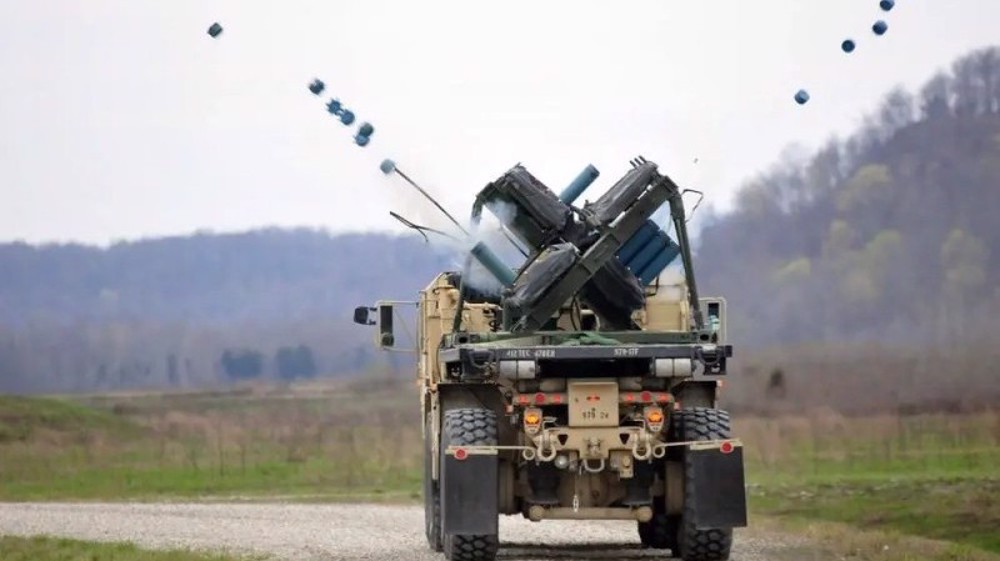

 This makes it easy to access the Press TV website
This makes it easy to access the Press TV website